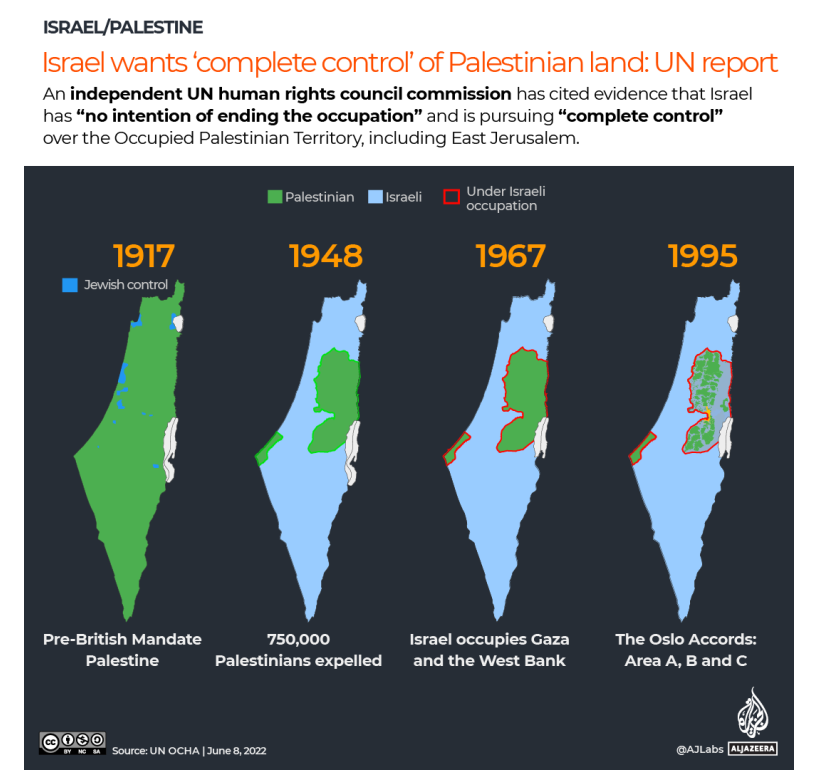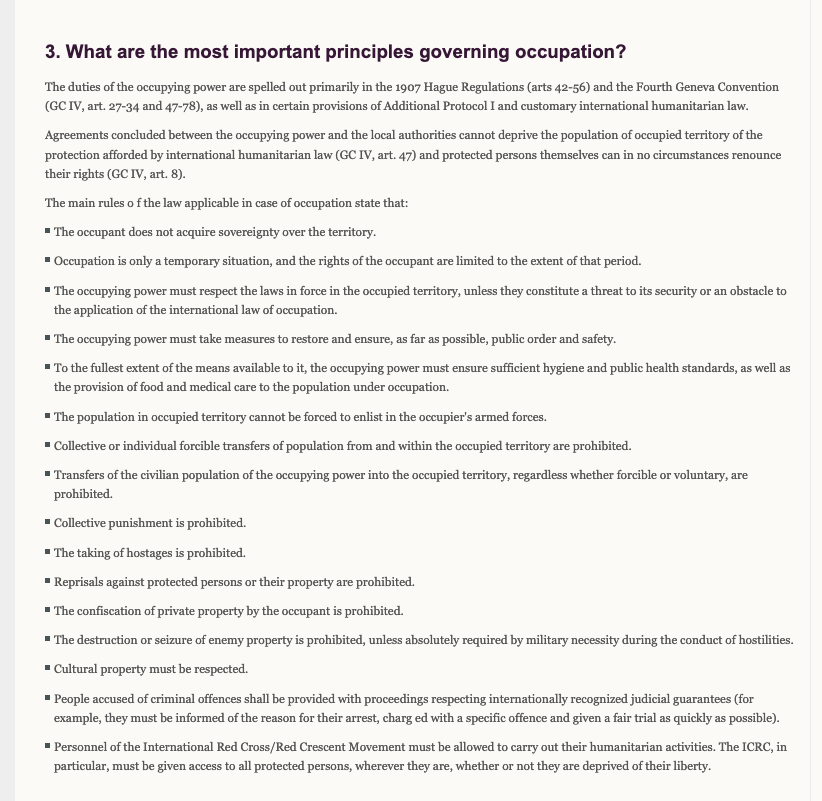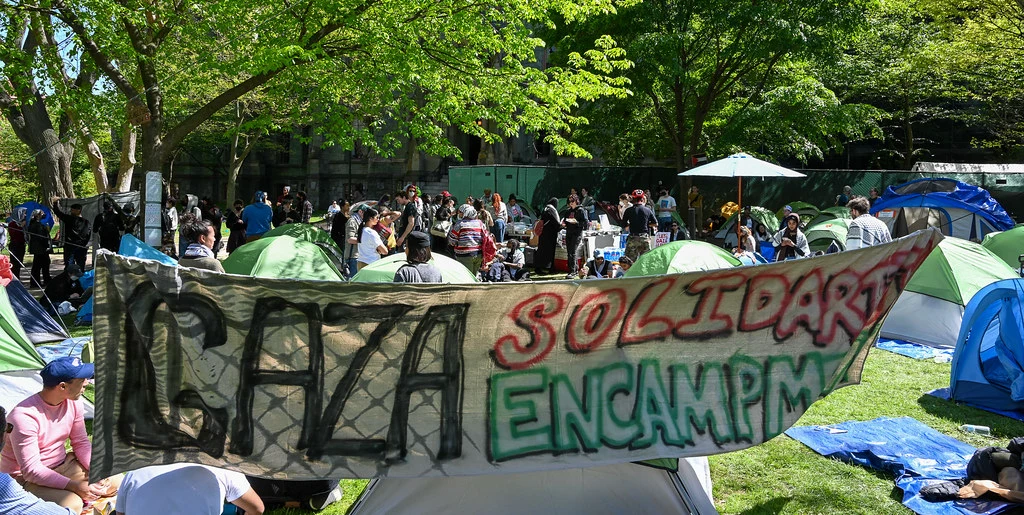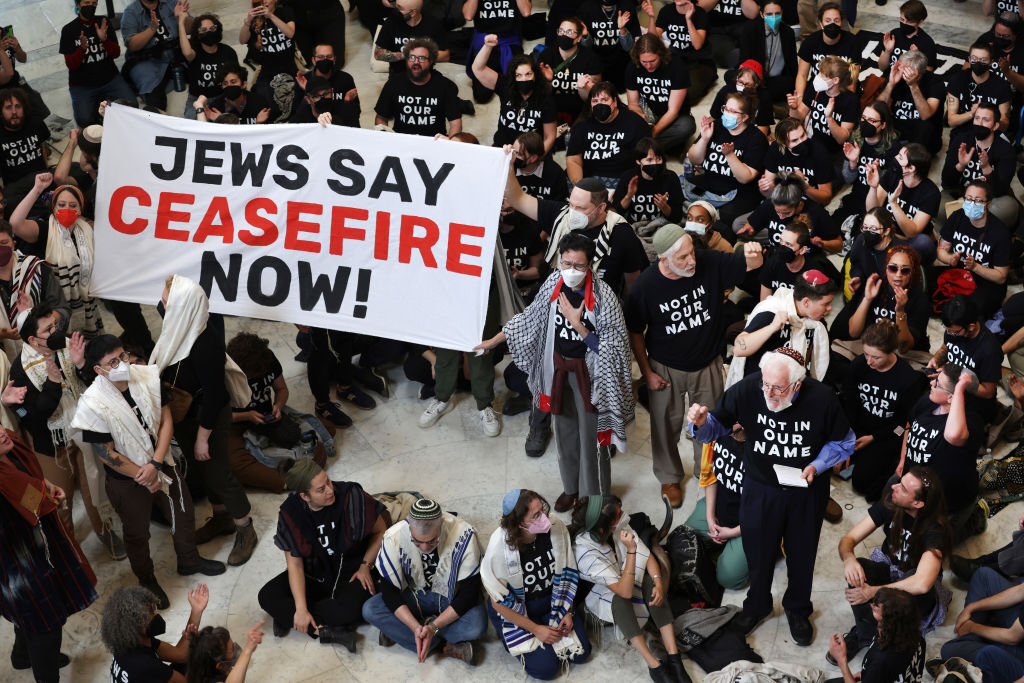- 806 Posts
- 136 Comments
 101·25 days ago
101·25 days agoThroughout the conflict much opprobrium was heaped upon the notorious 1988 Hamas Charter. This founding document calls for the liberation of all of historical Palestine and a refusal to recognise the Israeli state created therein in 1948.
Instead of interpreting these as immutable positions, one should also examine Hamas’ political practices – rather than its putative ideological tendencies. After all, dogmatic ideologies don’t lend themselves well to the demands of practical politics. And Hamas is an activist political movement grounded in temporal aims, not one prone to extensive philosophising.
So what does an analysis of Hamas’ political practices signal for the possibility of peace with Israel? What is the status of the charter?
Let’s start with the Hamas charter. This undeniably controversial document is replete with conspiracy theories and virulently anti-Judaic sentiments. Critics posit that the charter and the refusal to recognise Israel point to genocidal tendencies.
Israeli Prime Minister Benyamin Netanyahu again invoked the spectre of Nazism and anti-Semitic genocide while denouncing Hamas in an address this week to the United Nations. Netanyahu moved to tie Hamas to the West’s present bete noire – Islamic State in Iraq and Syria. We have yet to see any reports of Hamas beheading journalists, engaging in ethnic cleansing and selling women as sex slaves that might support the prime minister’s assertions.
So how instructional is the Hamas charter? Does it act as a policy document for Hamas’ present political trajectory?
Given the fixation on its charter, one could almost be forgiven for thinking that Hamas has not written a single other document or made public statements to the contrary in some 25 years of existence! The behaviour and political practices of Hamas, however, suggest a degree of pragmatism and flexibility. In a 2006 interview, for instance, Gazan PM Ismail Haniyeh stated:
> We do not wish to throw them [Jews] into the sea.Let’s not forget that the charter is a document that:
a) never went through the internal consultative process that would come to characterise the movement
b) was never implemented as policy even after Hamas won internationally supervised elections in 2006 and then seized exclusive power in Gaza during a “pre-emptive” counter-coup in June 2007 and
c) Hamas Political Bureau chief Khaled Mashal explains:
should not be regarded as the fundamental ideological frame of reference from which the movement takes its positions, or the basis on which it justifies its actions.Hamas leader Ibrahim Ghoshesh similarly observes that:
it goes without saying that the articles of the charter are not sacred … they are subject to review and revision.https://theconversation.com/why-the-hamas-charter-isnt-a-key-obstacle-to-peace-with-israel-31571
 83·26 days ago
83·26 days agoI haven’t read the plan but I suspect it’s going to be very one-sided. Also the reason the Biden administration is trying now is because it suddenly occurs to them supporting genocide is not a great way to get elected.
 2·27 days ago
2·27 days agoIsrael is a client state, Russia is a rival state

 12·4 months ago
12·4 months agoFlaky… understood.

 131·4 months ago
131·4 months agoHardly surprising…
Biden has always seen Israel as an investment which produces the best returns for U.S. interests.
In 1986, when he was a member of the U.S. Senate Committee on Foreign Relations, he opposed the sale of weapons to Saudi Arabia because they were not able to become “agents of .U.S interests in the Persian Gulf region.”
He stressed that his opposition to the weapons sale was not about whether the Saudis were good guys or bad guys, but about the ability of the Saudis to help advance and secure U.S. interests.
He emphasized that the “naked self-interest of the U.S.” should always guide their Middle East policy, and that his support for Israel is situated within that self-interest. As he bluntly explained: “Were there not an Israel, the United States of America would have to invent an Israel to protect her interest in the region.”

 185·4 months ago
185·4 months agoI have taken pains to point out that Zionism does not equate Judaism. Three of the men from whom I have learned the most about this conflict are all Jewish, Noam Chomsky, Norman Finkelstein and Ilan Pappé.

 56·4 months ago
56·4 months agoThe US is the worlds only remaining superpower. Biden picks up the phone calls Netanyahu and says we are sending in trucks. You will not impede them, or we will set your economy on fire. He hangs up the phone and the trucks begin to roll. It’s that simple.

 42·4 months ago
42·4 months agoIf it’s worth noting, you should cite sources.

 113·4 months ago
113·4 months agoIsrael’s formal position is not the elimination of Palestinian Arabs.
The UN has found credible evidence to the contrary

https://www.aljazeera.com/news/2022/6/7/un-report-finds-israeli-occupation-root-cause-of-conflict
Zionism was from the very beginning a settler colonial enterprise. Yes genocidal attitudes towards Jews may have been used to promote the idea, but the end goal was always possession of land.
In its initial stage, Zionism was conceived by its pioneers as a movement wholly depending on mechanical factors: there is a country which happens to be called Palestine, a country without a people, and, on the other hand, there exists the Jewish people, and it has no country. What else is necessary, then, than to fit the gem into the ring, to unite this people with this country? The owners of the country [the Turks] must, therefore, be persuaded and convinced that this marriage is advantageous, not only for the [Jewish] people and for the country, but also for themselves.
https://digitalprojects.palestine-studies.org/resources/special-focus/zionist-settler-colonialism

 124·4 months ago
124·4 months agoThe difference is that Israel is considered an occupying power and has responsibilities under international law as such.


 93·4 months ago
93·4 months agoThe reason we don’t build and maintain cities via airlift is because it’s very expensive and very inefficient. The US should demand Israel allows truck transport in and out of Gaza.

 85·4 months ago
85·4 months agoShouldn’t be difficult to understand. If the main concern was saving Palestinian lives, the first thing to do would be stop providing bombs to Israel. You’ll notice that’s not even on the table.

 144·4 months ago
144·4 months agoRabbi Eliyahu Mali and his Yeshiva are sponsored by Benjamin Netanyahu’s government

 1210·4 months ago
1210·4 months agoYes it is, but actually doing some thing and staging some Hollywood air drop nonsense are two different things.

 1512·4 months ago
1512·4 months agoThey’re doing it because voters in Michigan and to a lesser extent in other states are refusing to vote for Biden. This has very little to do with preventing Palestinian deaths.

 168·4 months ago
168·4 months agoChildren are starving to death, how many more will die before this pier gets built?

 193·4 months ago
193·4 months agoHamas who walked away from the peace talks because Israel wouldn’t agree to the destruction of Israel?
Cite sources.

 55·4 months ago
55·4 months agoNo it isn’t. People are starving to death and the best they can come up with is to parachute 30,000 meals to 1 million people? I’ll ask you again how many weeks would it take to provide one meal to each of the over 1 million people there? Does that seem even remotely efficient to you?
Children are starving to death and genocide Joe is providing political theater.

 55·4 months ago
55·4 months agoI find it truly amazing that brain dead liberals actually believe air lifting food is a viable alternative to opening the roads and sending in convoys of trucks. Do you understand they delivered just 30,000 meals in one week? Now do you also understand there are over 1 million people waiting for food. Do the math, how many weeks would it take provide 1 million people with one meal?

















I’m going to block this account.